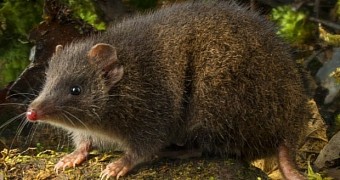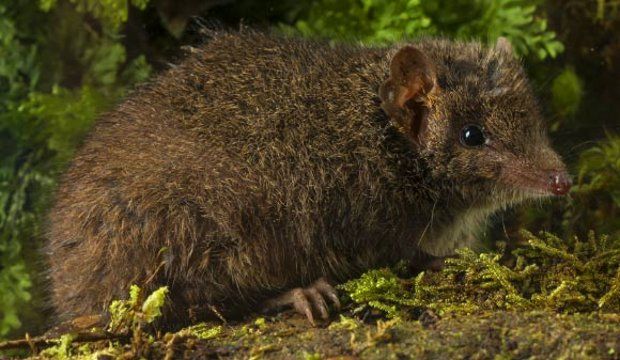A report in the journal Memoirs of the Queensland Museum - Nature announces the discovery of two previously undocumented carnivorous marsupial species in the genus Antechinus.
Well, technically speaking, just one of these recently discovered marsupial species is entirely new to science, i.e. the Tasman Peninsula Dusky Antechinus.
As for the other, identified as the Mainland Dusky Antechinus, it looks like, although familiar with it for quite some time now, wildlife researchers took a while to label it a self-standing species.
Both species are native to Australia, Sci-News informs. The Tasman Peninsula Dusky Antechinus populates southeastern Tasmania and the Mainland Dusky Antechinus New South Wales and Victoria.
The marsupials are dedicated lovers, no joke
Specialists who have taken the time to study these creatures say that, as surprising as this may sound, males belonging to either of the two species have a lifespan of just one year.
This is because, once they reach sexual maturity, they set out on a quest to find as many females as possible, fight each other for them and go on making love until the effort proves too much to handle and their body begins to disintegrate.
They're such dedicated lovers that they don't even stop to eat, drink or take a quick nap. Eventually, the buildup of stress hormones in their body overrides and destroys their immune system.
As a result, the marsupials become vulnerable to parasites and all sorts of other infections. Ulcers, internal bleeding and fur loss are also part of the package deal. But, hey, it's all for love, right?
“The breeding period is basically two to three weeks of speed-mating, with testosterone-fueled males coupling with as many females as possible, for up to 14 hours at a time,” Queensland University researcher Andrew Baker said in an interview.
To add insult to injury, it appears that the females Antechinus males kill themselves for don't even deliver a complete litter. Instead, they only produce one offspring each.
Both species are in danger of going extinct
Between their destructive love rituals and deforestation, it looks like both the Tasman Peninsula Dusky Antechinus and the Mainland Dusky Antechinus are now in danger of going extinct.
Since the marsupials help pollinate several plants in Australia, researchers fear that, should they fall off the biodiversity map, entire ecosystems in this corner of the world will end up hurting.
Since trying to get male Antechinus to give up sweet lovin' is pretty much out of the question, specialists argue that the best way to safeguard these species is to protect their natural habitat.

 14 DAY TRIAL //
14 DAY TRIAL // 

